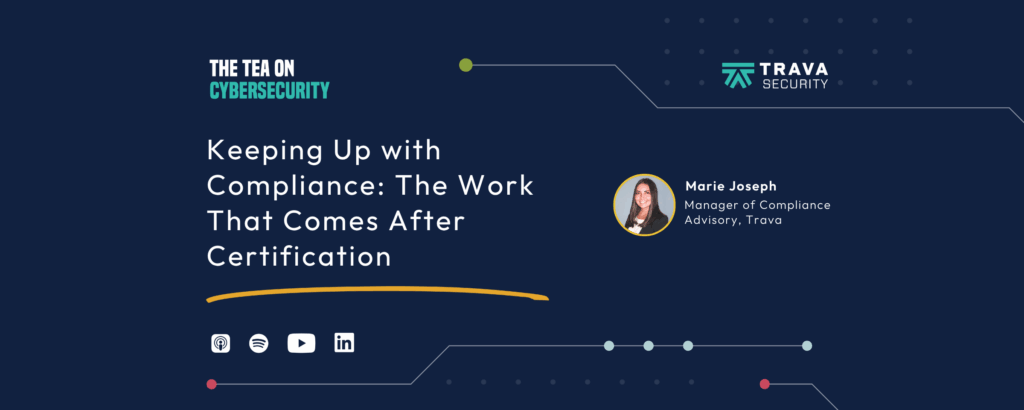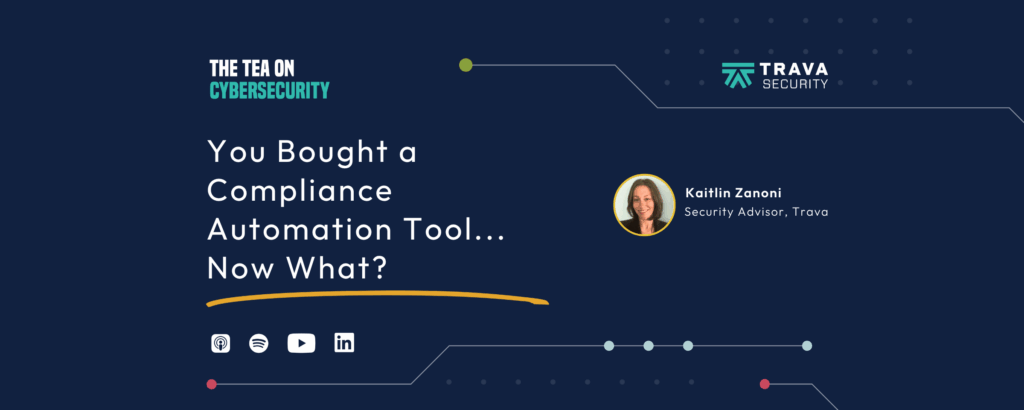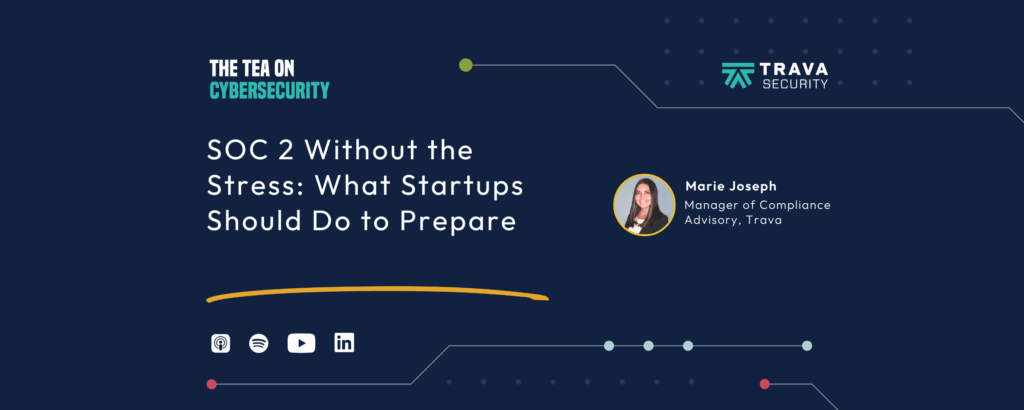Keeping Up with Compliance: The Work That Comes After Certification
Many small and mid-size businesses breathe a sigh of relief once they earn a compliance certification, but the work doesn’t stop there. Certifications like SOC 2, ISO, or CMMC aren’t one-time milestones. They’re ongoing commitments that require fresh evidence,...












